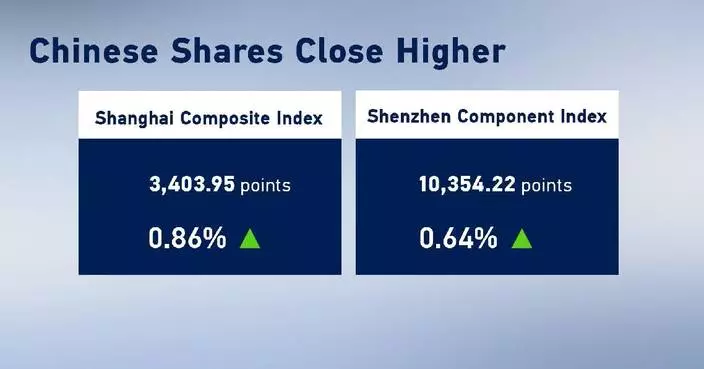China's Ministry of Public Security on Thursday declared that all large-scale telecom fraud centers located near the China-Myanmar border in northern Myanmar had been wiped out.
Over 53,000 Chinese nationals suspected of telecom frauds have been arrested with cooperative efforts from Chinese and Myanmar police since the ministry launched a crackdown on telecom frauds in northern Myanmar last year, the ministry said in a statement.
In a coup on Sunday, 1,079 telecom fraud suspects were arrested in northern Myanmar's Tangyan area for the first time, the suspects were caught during a joint operation by police of southwest China's Yunnan Province and local law enforcers of Myanmar.
All of the 763 Chinese citizens among the suspects, including 69 online fugitives, have been handed over to China through the land port of Cangyuan in Yunnan on Tuesday, the ministry said, calling the operation another breakthrough in the crackdown campaign.
According to the statement, China's public security bodies will continue to maintain high pressure in the crackdown on cross-border telecom fraud, especially in areas where scam dens are concentrated.
Vowing to strengthen law enforcement cooperation between the police of China and Myanmar, the ministry warned the public against recruitment information about high-paying jobs overseas, as it might deceive them into crimes.

Large-scale telecom fraud centers in northern Myanmar wiped out: Chinese authority
As China's elderly population grows, shopping malls in Shanghai have actively adapted part of their services to cater to the needs and preferences of elderly consumers, tapping into silver-haired consumer market.
This trend reflects the city's efforts to enhance elderly care services amid the population aging. By the end of 2023, people aged 60 and older reached 5.68 million in Shanghai, representing a whopping 37.4 percent of the city's total population.
A shopping mall on the downtown Nanjing East Road pedestrian street has opened a dedicated club for senior citizens, offering a diverse range of activities from the operation of health workshops to traditional handicraft classes.
"I gain a lot every time I come here. I can participate in various club activities and also exchange knowledge and everyday life hacks with others," said Fu Meilin, an elderly resident.
The mall houses nearly 60 time-honored brands, along with dining and entertainment options suited to senior citizens.
Another business district in Shanghai's Putuo District has adopted a different approach, focusing on attracting retirees during weekdays while catering to younger shoppers on weekends.
Restaurants offer affordable off-peak meal deals priced under 100 yuan (about 13.88 U.S. dollars), attracting a large number of senior customers.
To ensure a convenient and enjoyable shopping experience for the elderly, many shopping malls have conducted age-friendly renovations, including providing comfortable seating areas, accessible restrooms, and consumer guidance services for the elderly shoppers.
Driven by the population aging, China's "silver economy" has shown vast growth potential, with the market currently estimated at around seven trillion yuan and projected to reach a 30 trillion yuan by 2035.

Shopping malls in Shanghai adapt to cater to growing 'silver economy'






















































